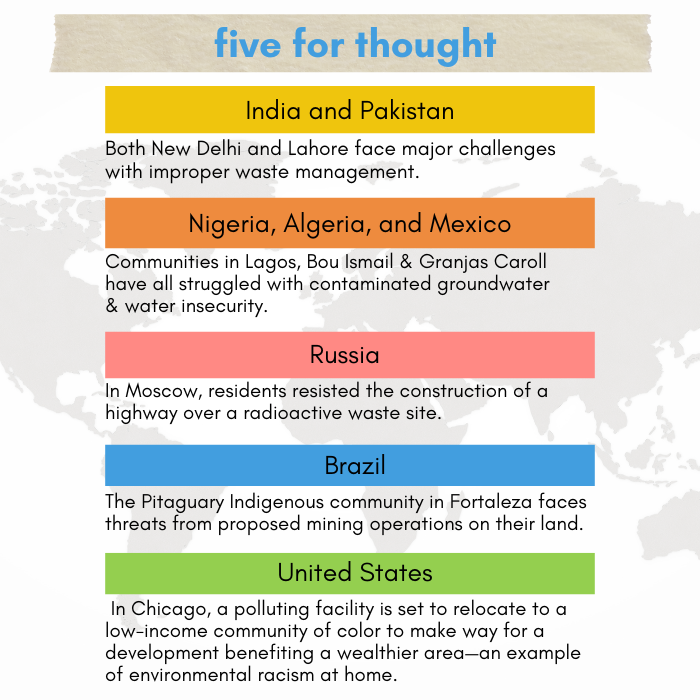
During this year’s Power of Language Week, Usdan was buzzing with conversation—not just about syntax or semantics, but about environmental justice.
As part of Wesleyan’s Student Sustainability Plan (SSP), a team of SSP interns hosted an interactive tabling event titled The Global Language of Environmental Justice. The goal? To spark dialogue about how environmental justice is understood and experienced around the world—and help students see how deeply language and justice are intertwined. We recently spoke with SSP intern Aishlinn Parrinello ’27 (ENVS/PSYC) about this year’s event!
Hi, Aishlinn! Who’s idea was it to do a project like this for the Power of Language Week? Is this the first time you’ve done so?
I believe this was the second time an environmental project has been done for Power of Language Week. The idea came up in conversation with Morgan Keller (director of international student services at Wes), the champion for the SSP goal 3.1, which is to publicize, educate, and advocate for sustainable, equitable, and just practices. Another SSP Ambassador, Thalia Witkovsky ’27, ran a similar tabling event for last year’s Power of Language Week event!
Tell me about the project: Who designed it and why?
The idea for this project was first discussed with Morgan and another student ambassador of the SSP. I decided to take on the project and recruit members of Sunrise Wesleyan to help put the event together, as my role in the SSP committee is as a liaison for Sunrise. I brainstormed with Sunrise members on what the event could look like and how it related to Power of Language Week, and I also discussed with Thalia about what her event looked like last year. I knew that giving out prizes from Reboot Eco was successful last year, so I wanted to include prizes from there this year, as well. We decided to create a wheel of countries and then do some research on issues of environmental justice in those countries. I found a great source called the Global Atlas of Environmental Justice, and used it to compile information on issues of environmental justice in 16 countries. I then created a wheel for students to spin, picked out products from Reboot Eco, and made flyers! The final event had students come and explain what they thought environmental justice meant, and then spin the wheel to land on a country. I would then read out a description of an environmental justice issue in that country, and the students would have to explain why they thought it was an issue of environmental justice. If they answered correctly, they got to take either a reusable dryer ball, reusable sponge, or reusable dishcloth from Reboot Eco!

What was your goal with the project?
My first and foremost goal with the project was to educate students on what environmental justice means, as well as on how environmental justice manifests itself around the globe. I hoped to introduce students to issues that they might not consider to be environmental justice to show how environmental justice can include so many different issues.
Did you achieve your goal?
I definitely think we achieved our goal. We were able to teach a lot of students about what environmental justice means and introduce them to issues that they may not have known were considered issues of EJ. I think the event helped students to consider how a wide array of social issues fall within EJ, and how this can look different around the globe.
Anything you found surprising about how EJ is understood, or misunderstood, at Wes and around the world?
One surprising observation that I noticed was that many people don’t fully understand the meaning of EJ. I appreciated students’ openness to learning, and I was encouraged to find that even when students didn’t know what EJ meant, they were able to describe how environmental injustice was at play in the different examples after learning about EJ. One thing that I found surprising and encouraging during my research was the ample information about EJ efforts in response to the issues people face. Pretty much every issue that I researched included information on how local people have fought for a healthier and more equitable environment.